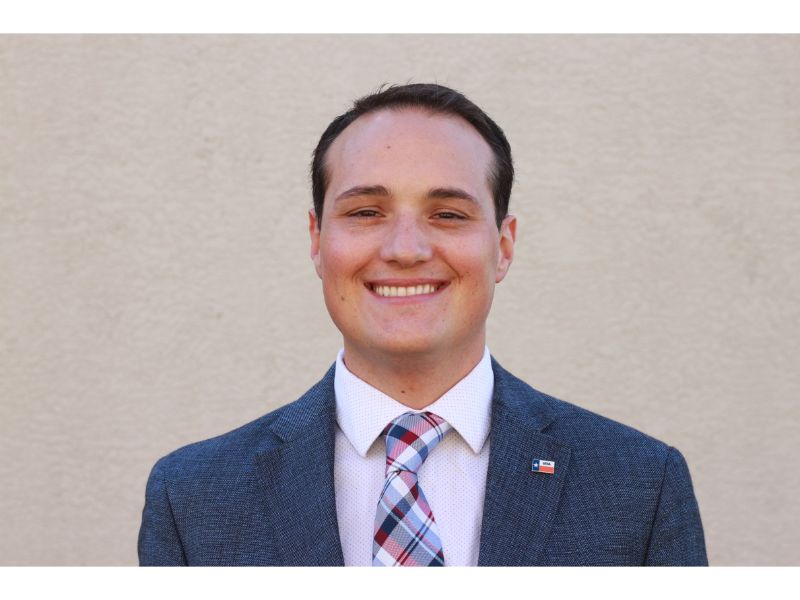Posted on August 31, 2022 by Amanda Cerreto
September 01, 2022 - Assistant Professor of Kinesiology Kelly Cheever has been awarded a UTSA Internal Research Award (INTRA), totaling $5,000, for his research project titled " Factors influencing musculoskeletal injury reporting behavior among adolescent student athletes."
 The INTRA program is part of coordinated efforts to promote research and scholarship of the highest quality. This program offers experience in identifying and submitting applications to potential funding sources, provides preliminary data to support applications for extramural funding, and enhances scholarly and creative activities.
The INTRA program is part of coordinated efforts to promote research and scholarship of the highest quality. This program offers experience in identifying and submitting applications to potential funding sources, provides preliminary data to support applications for extramural funding, and enhances scholarly and creative activities.
The research project involves a survey targeted to youths aged 13-17, and is aimed at finding the varied reasons why high school athletes don't report musculoskeletal injuries.
"I've studied a lot of head trauma research, and there are a ton of studies out there about reporting concussions and their effects," Cheever said. “However, there are zero articles on musculoskeletal injuries - what are the factors of reporting those versus not reporting them?”
As an athletic trainer as well as an assistant professor of kinesiology, Cheever was stunned to find this gap in the research. “It's a huge thing, especially when we talk about injury management or prevention.”
Cheever notes there are a wide range of reasons a youth athlete may not report an injury: fear of not playing, perception of weakness, not having adequate funds to cover medical treatment and more. His aim is to find out from youth athletes themselves why injuries haven't been reported.
“My interest is in those who are underinsured or uninsured, or have poor access that health care, because what happens is a lot of these kids will get injured and then they just stop playing,” Cheever said. “And then what they don’t get is any kind of follow up care.”
Some of the questions in the survey will aim to find out if there's a threshold of pain required for an athlete to report an injury, if they have or know if they have access to an athletic trainer and if certain people have a higher disposition to report injuries than others.
“This information will be helpful to clinicians because our desire is to prevent these injuries,” Cheever said. “Some of these sports have really high risk for injuries and we need to understand what barriers there are to getting these people the help that they need - particularly in San Antonio where there's not always easy access to health providers.”
Rural south Texas has one of the highest populations of uninsured and one of the lowest populations of healthcare specialists, and as such, Cheever is particularly interested in this aspect of injury care. “They may have a lot of primary care physicians, but few physical therapists and specialists,” he said. “Patients are looking at a two to three-hour drive to see those providers.”
Cheever hopes his research will inform both students and healthcare providers about the myriad of options provided to them and work on better management for injury treatment.
“I want educators and trainers to know what more we can do,” Cheever said. “Are there educational programs we can implement for early signs of injury? Can we better educate high school coaches to understand training programs, load management and more?”
Another component to Cheever's research is long-term: if students and coaches learn to identify injuries earlier, it can lessen the burden of cost on the healthcare system overall.
“Stress fractures, for example, can develop into fractures which must be treated, and are much costlier and much more devastating to the financial impact of the injured person,” he said.
Cheever hopes to wrap up data collection by the end of the fall and to be able to distribute his findings to the community after that.

